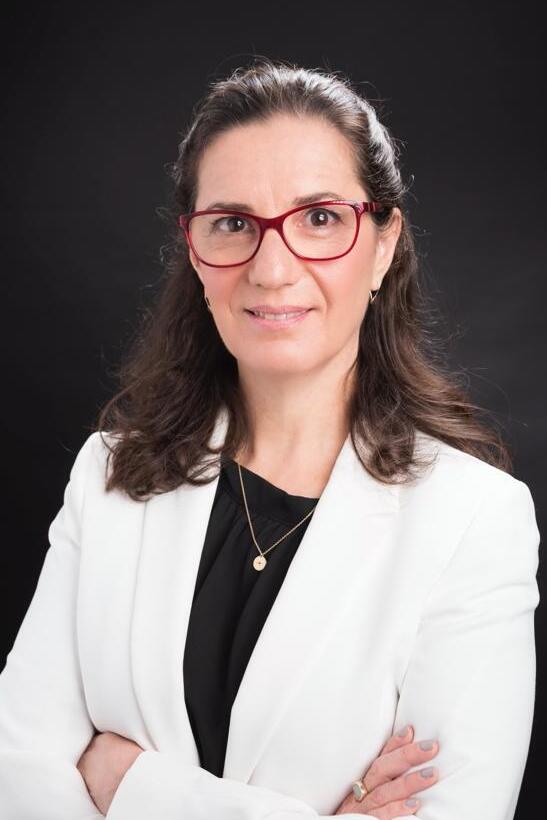“About six years ago, by chance, I walked into a multidisciplinary meeting about telemedicine. Prof. Isaac Kreis invited various officials to hear their opinions on the matter. Prof. Asher Barzilai, who was the head of pediatrics at the time, could not attend, so he asked me to replace him,” recalls Dr. Galia Barkai, director of Sheba Beyond. “I attended the meeting, and when we left I said to Professor Kreis, ‘I don’t know what you’re going to decide, but since this is a future drug opportunity and Sheba is always a leader, I think we should go ahead. We should be there and try it first. I called back to my office. It was Professor Kreis who asked me to lead the project. Of course I said yes. I always try to say yes.”
1 See the gallery

Dr. A.S. Galia Barkai, director of Sheba Beyond
(Photo: Michal Bendek)
Sheba Beyond is the first virtual hospital in Israel. Advanced medical services are provided by Sheba’s top specialists to anyone, anywhere and anytime with the help of new technologies. Within this framework, there are more than 100 virtual clinics and hundreds of therapists who conduct hundreds of virtual meetings every day in various fields.
“The project was initially rejected but we learned a lot. Then, during Covid-19, we were the first hospital to receive infected patients. Due to its contagious nature, we had to use technology to protect the staff from the virus and it was like a playground for us. We tried different technologies and became confident over time. Now we can provide these same services in-house. In addition, we have made a rapid transition to moving patients to video clinics. In 2019, we had a few hundred, and by 2020 we already have 60,000 video visits per year.
Six years ago, before Covid-19, what made you realize that telemedicine was the next big thing?
“My mother had Parkinson’s disease and I learned a few things from treating her. First, the hospitalization was terrible and it took many hours to bring her to the hospital and wait there. I work in Sheba and it was hard even for me! There was also a lack of communication between her various doctors. In our programs, we look at the totality of our patients to get more information. Also, the technology was helpful for communication. Video, for example, has a lot of value. When you video chat with patients, you can see the caregiver’s home and the environment they care for. This is especially important with children, where you can see them in their natural habitat where they are more independent.
“I realized the need and the technology was there. The pre-Covid-19 world was not ready; But after covid everything has changed.
Ctech’s She-inspires series follows the stories of Israeli women leaders. The interviewees are from different sectors: some work at senior levels in large organizations, some are founders, and some are key players in industries that aim to change the world for the better. The aim is to reach the glass ceiling to find out where they came from, where they are going and how they are bringing inspiration to an entire sector.
Why do you think so few women make it to the top? Is management not giving them enough opportunities or are women not increasing?
“I think that in the past, women had few opportunities, but not today. When I look at myself, I can say that I always try to say yes. Sometimes, later, I am afraid, but I always try and in this way, I learned that I can do more than I thought. Also, as a woman I never believed in myself as much as I do now. I recently learned to say no if something takes me out of focus or doesn’t fit my vision. As a woman, you have to think big, think you can do anything. Don’t be afraid to get up and dream. Later, if you don’t feel comfortable – don’t be afraid to say no.




